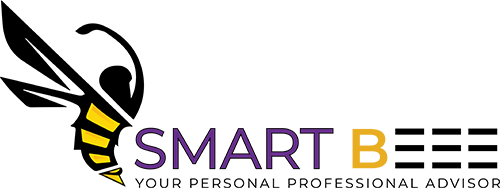Why Canada?

When you study in Canada as an international student, you’re investing in your future.
In Canada, each province and territory is in charge of their own education system.
Get more information about schools and the education system:
- EduCanada – information for international students about education in Canada, with study program search, costs, and more
- Ministries and departments responsible for education – information about the education system in each province and territory
Post-secondary schools are:
- colleges
- universities
- private career colleges and
- vocational and technical schools.
Each post-secondary school has its own set of rules on how to apply, including the level of English or French you need to be accepted.
Get more information on post-secondary schools:
- Universities Canada – profiles of Canadian universities, a large study programs database and help to plan your university education
- Colleges and Institutes Canada – profiles of colleges and institutes
- Canadian Information Centre for International Credentials – information on getting your past education assessed against Canadian standards
- National Association of Career Colleges – find out about schools that teach trades and vocations
Many schools in Canada teach English or French as a second language. For more information about private language programs, contact Languages Canada.
Studying in French
There are many ways to study in French across Canada.
- French-language education in Canada has information on schools and institutions that offer courses in French.
- The Association des universités de la francophonie canadienne has information on university programs in French, English, or both.
Provinces and territories approve (or “designate”) schools that can enrol international students. These schools are known as designated learning institutions (DLI).
If you need a study permit, your acceptance letter must be from a DLI. If it isn’t, we will refuse your application.
All primary and secondary schools in Canada are DLIs. You can search a list of the post-secondary schools, such as colleges and universities, and language schools that have been designated.
There is no centralised application system in Canada meaning you'll need to apply to each institution directly. You need to make sure that your chosen institution is a Designated Learning Institute, as these are the only ones approved to take international students.
In addition to proving you speak the language you'll also need to provide evidence of sufficient funds.
Once you choose a school, college or university, you must apply to go there. Every school has different rules on how to apply.
Make sure you apply at least:
- six months in advance if you want to study at a primary or secondary school,
- a year in advance for a post-secondary program at a university, college, etc.
Contact the school where you want to study to learn how to apply. They will give you the list of all the documents you need to send them. Your school will be able to tell you about:
- the cost to apply
- tuition fees
- health insurance
- rent and how much it costs to live in Canada
- language tests.
Fill out the application forms for the school or schools of your choice. Follow their instructions to submit them.
If the school admits you as a student, they will send you an acceptance letter. You need this letter to apply for a study permit.
Canada is officially a bilingual country, comprising of English and French speakers. You won't need to be fluent in both languages to study in Canada, as Quebec is the only French-speaking province. Fluency in English will be enough to navigate your way around all other provinces, although in many you will hear both languages and most have at least one French-speaking institution.
Upon entering the country you may be required to take an accredited language test to demonstrate your proficiency in English. The International English Language Testing System (IELTS) is an approved test for all Canadian institutions.
For more information on French language testing, and testing for those with additional needs, visit Languages Canada.
The Government of Canada doesn’t pay for the medical costs of foreign students.
Health coverage for foreign students is different depending on where you live. Contact the school you are applying to for more information about health insurance.
It’s important to make sure you have enough funds to cover your expenses for living and studying in Canada. You can start by finding out about study costs for international students.
Next, you'll need to research your expected living costs.
Living costs
Your living costs will vary depending on your lifestyle and the city you choose to live in.
All estimates are in Canadian dollars and are subject to change. Find exchange rates with the currency converter from the Bank of Canada.


